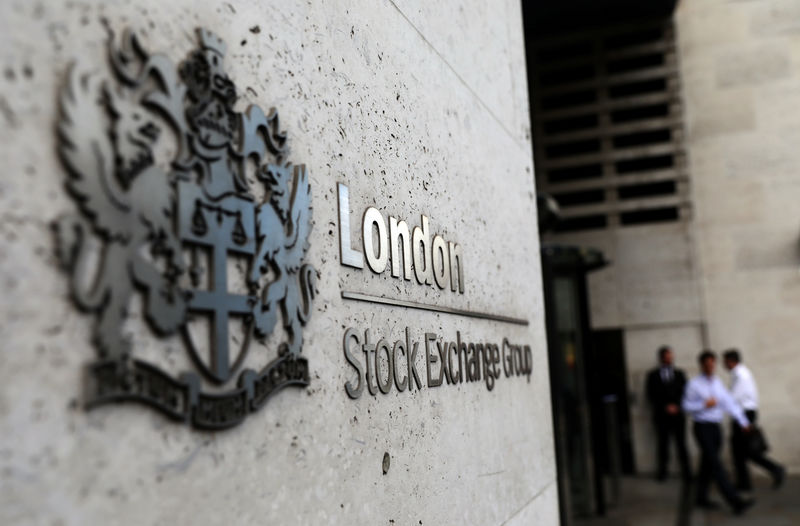Investing.com - The U.K. election is fast approaching, and JPMorgan takes a look at the potential accompanying equity strategies.
The U.K. general election is set to take place on July 4, and the polls are consistently pointing to a victory for the opposition Labour party.
“We believe the market impact will be net positive,” analysts at JPMorgan said, in a note dated June 10. “The current Labour party is occupying a centrist platform, and the perception of policy paralysis is set to move behind us.”
The Labour agenda is modestly pro-growth, but crucially with a likely cautious fiscal approach, the bank said, adding given the lack of fiscal space, Labour will likely focus on supply-side reforms to help improve economic growth.
The likely Labour win would be positive for:
1) Banks - Political and policy stability from a Labour party win would be supportive for the sector, particularly absent any risks around Corporation tax/Banking surcharge, as was the case during the 2019 elections.
2) Homebuilders - Housing will likely be core to the upcoming elections, with the focus on affordable housing, unlocking land for development and reforming the planning system.
3) Food Retail - Labour party support for policies like incentivizing private sector investment and continued focus on cost of living crisis.
A Labour party win would be less positive for:
1) Transportation - as nationalization of the railways would weigh on the sector;.
2) Energy - Labour has indicated that they intend to increase and extend the Energy Profits Levy and reduce some of the investment-related offsets.
Overall, the U.K. equity market is trading cheaply, the bank said - it is a low beta play, has China exposure, and the highest dividend yield out of all large developed markets.
JPMorgan recently turned more positive on the FTSE 250 index, versus the benchmark FTSE 100.
“We note that FTSE250 tended to perform better once BoE starts easing, and against the backdrop of better domestic activity momentum,” the bank said.
